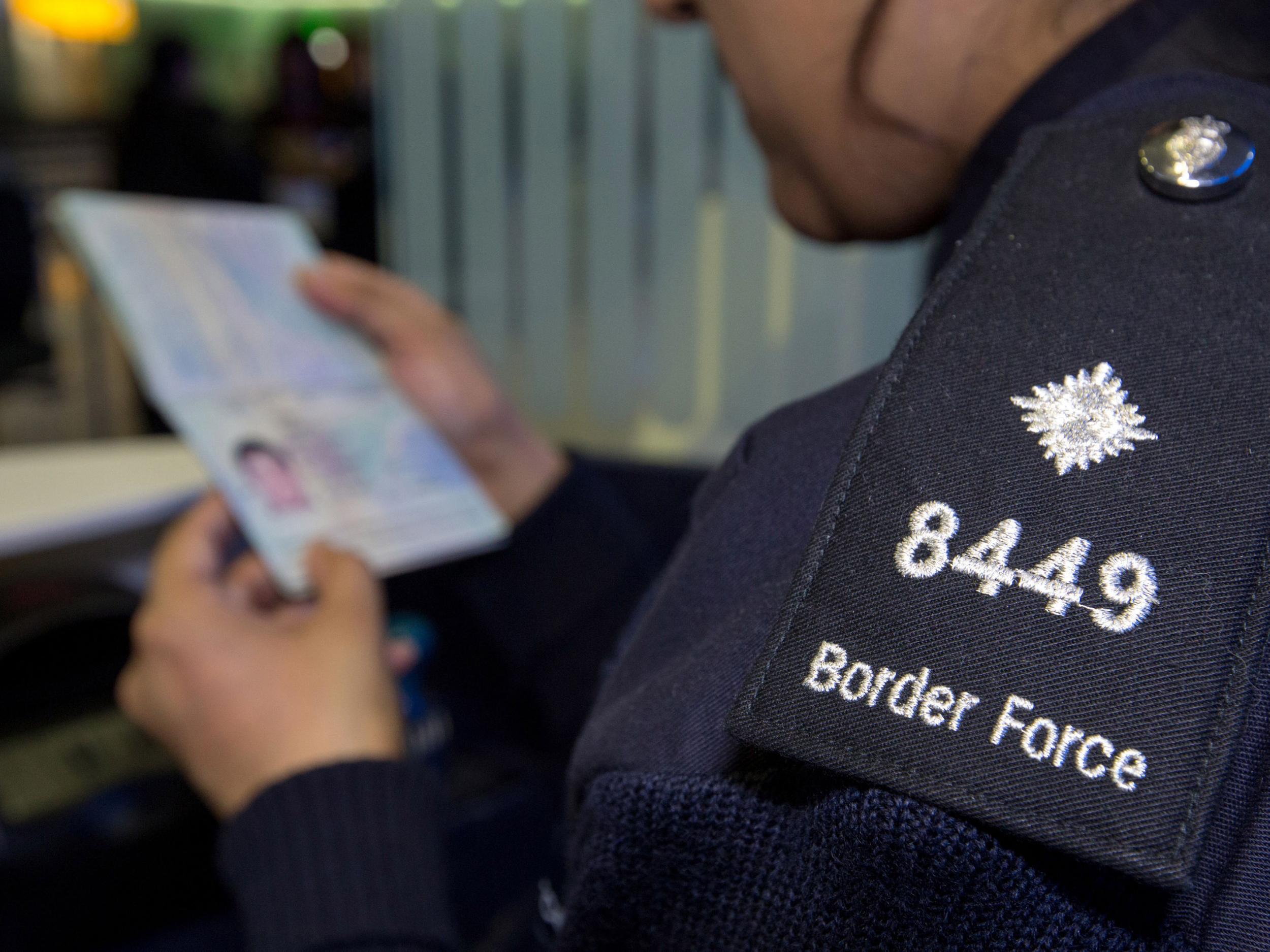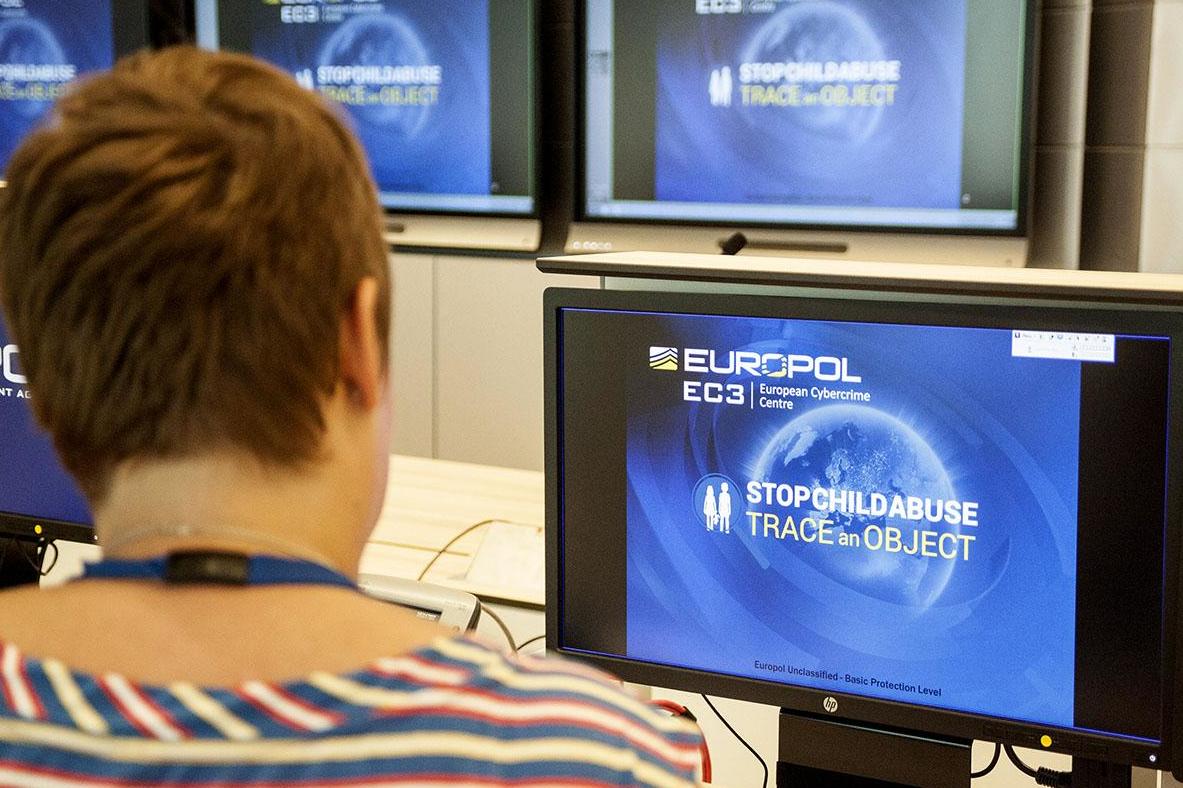No-deal Brexit will make tracking terrorists harder and British public less safe, security minister warns
Ben Wallace claims Theresa May's plan will set a 'foundation' for a bespoke security treaty – but UK access to EU systems remains uncertain

Tracking terrorists and preventing attacks would be made harder by no-deal Brexit, a minister has warned.
Security minister Ben Wallace said that “no matter how effectively we prepare”, crashing out of the EU without an agreement would immediately cut the UK out of vital intelligence databases.
The security minister told a conference in London: “I have seen intelligence from other EU countries that contribute to saving British lives and other countries interdict UK bound terrorists. And we have done the same in reverse.
“Only recently key UK information helped foil a plot on mainland Europe.”
Britain’s continued access to databases – including the second generation Schengen Information System (SIS II), which is used by British police 539 million times every year – is still being negotiated as part of a separate security treaty.
The draft withdrawal agreement that MPs will vote on, on 11 December, extends the UK’s use of databases, including SIS II, the European Arrest Warrant and other tools until the end of a 21-month transition period.
But with the deal opposed by both pro-Remain Tories and Brexiteers, its passage through parliament is uncertain and the government has been mounting what critics have dubbed “project fear 2.0” to rally support.
Mr Wallace threw his weight behind Theresa May’s agreement as a way of avoiding a “cliff-edge” in policing, intelligence and security.

“Partnership is fundamental to how we fight terrorism and organised crime in today’s world, and I’m afraid that the alternative to this deal isn’t pretty,” he told BBC Radio 4’s Today programme.
Speaking at the International Security Expo in London later on Thursday, Mr Wallace said the government was putting mitigations in place where possible.
“But no matter how effectively we prepare, we have been clear that setting aside the capabilities we have developed with our EU partners would take us a step back,” the former soldier added.
“[A no-deal Brexit] would create immediate and lasting harm to both sides and undermine our ability to work together.
“It would create an environment where legal barriers impede the work of our law enforcement agencies and police forces – benefiting no-one but those who wish to do us harm.”
Mr Wallace said terrorism, organised crime and cyberattacks know no borders, and that “a mere 20-mile stretch of water cannot protect the UK”.
He warned that there be less information available to border officers and police, and that it would take longer to track and arrest criminals and hamper intelligence sharing.
The minister claimed that under the government’s hoped-for bespoke security deal with the EU, Britain’s security would increase because of freedom to impose tighter border controls to exclude terror suspects.
But even if MPs support the withdrawal agreement, Britain’s continued access to EU security systems is far from guaranteed.
Countries including Cyprus have raised concern that the move would set a precedent for other non-member states, such as Turkey, and the EU’s data rules could prove a stumbling block if the UK refuses to recognise European Court of Justice rulings.
There is also confusion over the UK’s future status in Europol. Mr Wallace said Britain “will not be leaving Europol”, but a Home Office-approved transcript of his speech merely said the UK would continue to “cooperate” with the policing network.
There is additional uncertainty over whether the EU’s strict data laws will enable a non-member to access the SIS II database, with Sajid Javid admitting it was “not guaranteed” this week.
Mr Wallace said all 27 remaining EU states had agreed a political declaration on security earlier this week, which formed a foundation for the “broadest and most comprehensive security relationship the EU has ever had with another country”.
But neither SIS II nor the European Criminal Records Information System (ECRIS) were specifically named in the document.
Agreements on the sharing of passenger name records, and DNA, fingerprint and vehicle registration data have already been reached, Mr Wallace told delegates, as well as time-limited arrangements on extradition.
Negotiations on the exchange of real-time information on wanted and missing persons, criminal records and joint investigation teams continue.
“If we reject the current deal and go back to square one, this will open the door to far greater uncertainty, increased risk and the prospect of downgrading our ability to protect the public,” Mr Wallace said.

Senior police officers, opposition MPs and Remainers have been warning of the potential risk to the UK’s security for months.
In July, the Home Affairs Committee warned that Britain was on course for a “catastrophic” security deal that would let criminals and terrorists go free, and police chiefs say it will be “harder to protect” the public in the event of no deal.
Police and security agencies are continuing to plan contingencies for a no-deal Brexit, with a dedicated unit preparing to train for officers who, overnight, would have to dramatically change the way they work.
The National Police Chiefs’ Council said it would have to revert to “slower, more bureaucratic and less effective” tools including Interpol, bilateral channels and Council of Europe conventions.
As well as a loss of intelligence and operational capacity, police are also bracing for potential protests, public disorder and border disruption.
Stephen Doughty MP, a member of the Home Affairs Committee, said the government’s plans amount to a “wish list”.
“The Brexit elite claimed that leaving the EU would be ‘the safer option’, but now we hear that it means our police and border force could find it more difficult to protect the public,” he said.
“Every day we see more evidence of how damaging and irresponsible the government’s Brexit plans are. The way to keep Britain safe and get us out of this mess is to give the public a people’s vote.”
More than one million people have signed an Independent petition calling for a Final Say on the deal.
Join our commenting forum
Join thought-provoking conversations, follow other Independent readers and see their replies
Comments
Bookmark popover
Removed from bookmarks